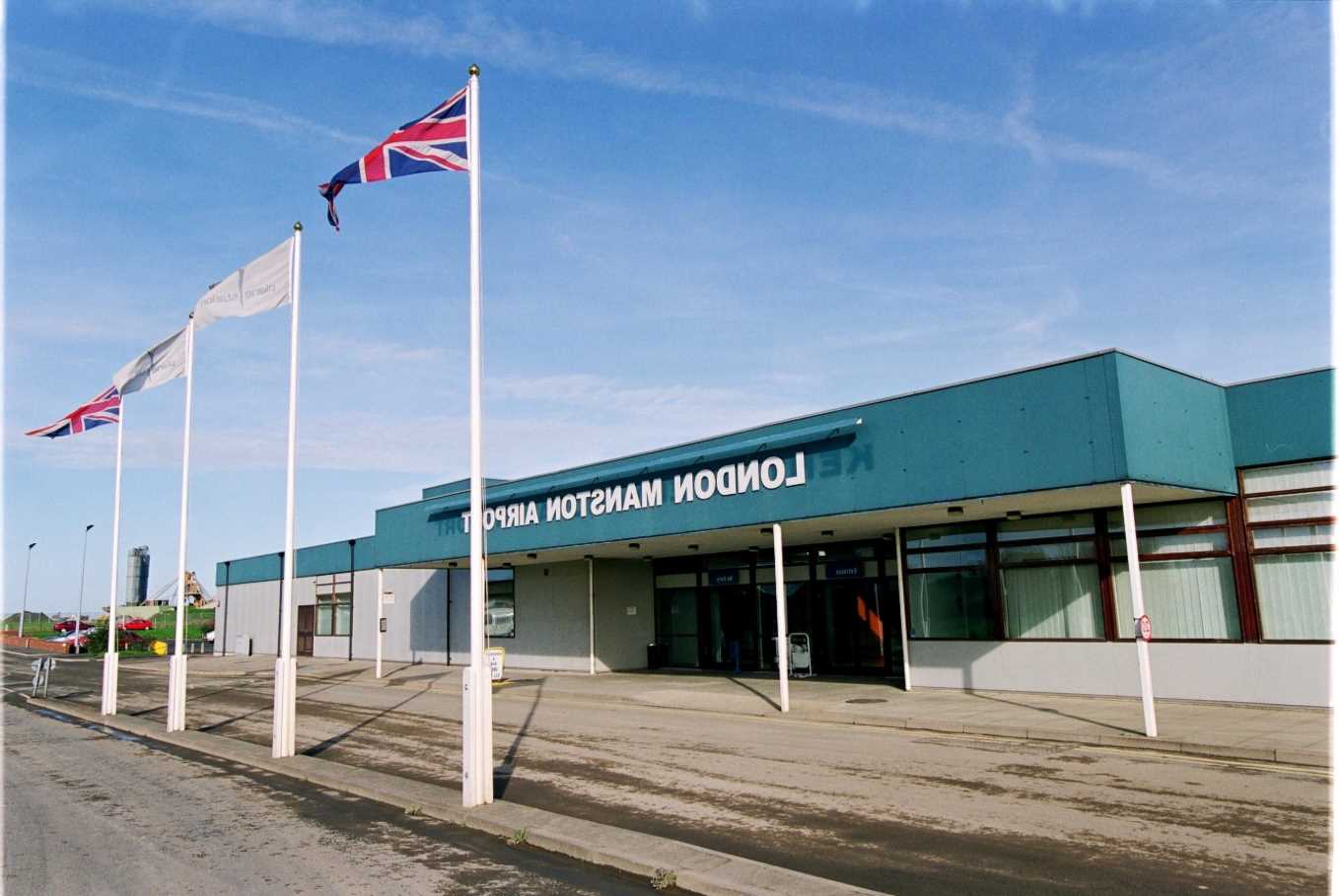MANILA, Philippines (AP) — Philippine President Ferdinand Marcos Jr. on Thursday backed a decision by his predecessor to cancel a deal to buy 16 Russian military heavy-lift helicopters and said his administration has “secured an alternative supply from the United States.”
Marcos Jr. said at a news conference that the Philippine government will negotiate to get back part of the down payment it made to the Russian aircraft manufacturer.
It was the first time Marcos Jr., who took office in June, has commented publicly on the touchy issue involving Russia. His predecessor, Rodrigo Duterte, signed the deal to buy the Mi-17 helicopters but decided before his term ended to cancel the contract due to fears of possible Western sanctions.
“I think it was already determined by the previous administration that that deal will not carry through, will not go on,” Marcos Jr. said when asked to comment on a call by the Russian ambassador to Manila for the Philippine government to honor the helicopter deal.
“We have secured an alternative supply from the United States,” the president said. He added, without elaborating, that the U.S. aircraft to be ordered by the Philippines would be manufactured in Poland.
Moscow’s ambassador to Manila, Marat Pavlov, told reporters Wednesday night that the Philippine government has not officially notified Russia of its decision to cancel the deal and a Russian company was proceeding to manufacture the Mi-17 helicopters after the Philippines made an initial payment.
Filipino pilots who would operate the helicopters have undergone Russian training, he said.
The Russian aircraft manufacturer was ready to deliver one of the helicopters in June “but unfortunately, it was not accepted by your government,” Pavlov said.
“We are ready to fulfill all our obligations as a reliable partner of the Philippine side in the field of technical military cooperation and we consider that it will also be done by the Philippines,” Pavlov said.
The Department of National Defense in Manila, however, said it formally notified the Russian aircraft manufacturer Sovtechnoexport in June and last month of the Philippine decision to cancel the contract. The defense department has convened a committee to thresh out the details of the withdrawal from the deal, department spokesman Arsenio Andolong said.
“Unfortunately, we made a down payment that we are hoping to negotiate to get at least a percentage of that back,” Marcos Jr. said.
Former Philippine Defense Secretary Delfin Lorenzana and Ambassador to Washington Jose Manuel Romualdez first confirmed the government’s decision to terminate the deal in interviews with The Associated Press in July.
The decision, which was approved by Duterte, was made amid concern over possible Western sanctions which could include restrictions that would slow down bank transfers of the huge amounts of money that Filipino workers send home from the U.S. and other Western countries, according to Romualdez.
One of Duterte’s Cabinet members, Finance Secretary Sonny Dominguez, had warned Duterte then that Western countries may withhold assistance that could help the Philippines deal with and recover from coronavirus outbreaks, two Philippine officials told the AP on condition of anonymity because they lacked the authority to discuss the issue publicly.
Romualdez has said Washington did not pressure the Philippines to drop the 12.7 billion-peso ($215 million) deal with the Russians.
But following Russia’s invasion of Ukraine in February, countries that purchase Russian defense equipment could face Western sanctions, he said.
“I think it was really prudent specially for President Duterte to approve the cancellation of that contract because it can save us a lot of trouble,” Romualdez told Manila-based foreign correspondents in August.
A U.S. offer to sell Boeing CH-47 Chinooks which was discussed last year by Lorenzana and his American counterpart, Lloyd Austin, could be considered to replace the Russian helicopter deal, Romualdez said.
Under the scrapped helicopter deal, which was signed in November, the first batch of the multi-purpose helicopters was scheduled for delivery by Russia’s Sovtechnoexport in about two years. Aside from the 16 helicopters, one would have been given free to the Philippines, defense officials said.
The Russian-made helicopters could have been used for combat, search and rescue operations, and medical evacuations in the Southeast Asian archipelago, which is often battered by typhoons and other natural disasters, Philippine officials said.
In March, the Philippines voted “yes” on a U.N. General Assembly resolution that demanded an immediate halt to Moscow’s attack on Ukraine and the withdrawal of all Russian troops.
When Duterte was in office, he nurtured close ties with Russian President Vladimir Putin, whom he once called his “idol,” and Chinese leader Xi Jinping while frequently criticizing U.S. security policies.
The Philippines is a treaty ally of Washington, which has imposed heavy sanctions on Moscow aimed at pressuring it to withdraw from Ukraine.
Source: Read Full Article

